Guest blog from Lucy Rycroft
Start-up companies like to dream big and often plan to make a massive impact on the world, through a unique product, service or idea.
By starting small, a start-up usually has little, or no, finance to begin with, and the level of risk is high. However, for those with the right cocktail of innovation and hard work, incredible success can be the reward: some of the most profitable companies are recent start-ups (Uber, Atlassian, and Canva to name a few).
Start-ups focus on creative problem solving, a high level of employee self-motivation, and a relaxed work environment.
All these factors should make start-ups the most inclusive employers, wanting to recruit those with high levels of skill and commitment, regardless of age, race, gender or disability – but, sadly, despite such ideals in some cases the experience is quite different.
Start-ups rely on a huge amount of networking at coworking spaces and accelerators to get going. Nothing wrong there, you might say. But when such networking events revolve around evening events, typically beer and pizza nights which require a lot of socialising, this tends to attract a certain sort of employee.
A job which requires you to attend regular events in the evening is not family-friendly, and will likely attract young single people rather than parents, meaning that start-ups miss out on the potential loyalty and experience of workers over the age of 30.
Some would say that events centred around food are more likely to attract men, rather than women – again, missing out on the benefits of having a mixed-gender team in your company.
And a job which relies on heavy socialising is very unfriendly for autistic people.
This isn’t simply a matter of political correctness. Start-ups – who seek innovation and success – are missing out on a number of skills which autistic people often have in abundance.
Xceptional recruits autistic people in IT, including engineering, testing and data analytics roles. Our staff quickly become known for their high level of concentration and precision, as well as their ability to see data in creative and unique ways – critical skills in IT.
So, if you’re a start-up, what can you do to make positive change?
1) Be flexible. Mix things up. Don’t be afraid to try new things: different sorts of events, family-friendly working hours, online networking in addition to face-to-face.
2) Contact us about our recruitment services. If you’re looking for engineers, testers, or data analysts we can help. Read more about our work here.
3) Ask us to help you become more autism-friendly. We can offer a workplace consultation, helping you to make your work environment as autism-friendly as possible.
Many of the world’s greatest innovators – Steve Jobs and Elon Musk, for example – have had behavioural characteristics that those close to them have described as autism-like traits.
Are we missing out on some exceptionally creative thinking, simply because our business culture has become too homogenised?
Is your company culture excluding introverts and preventing the next Bill Gates or Mark Zuckerberg from joining your team?
We look forward to hearing from you!
